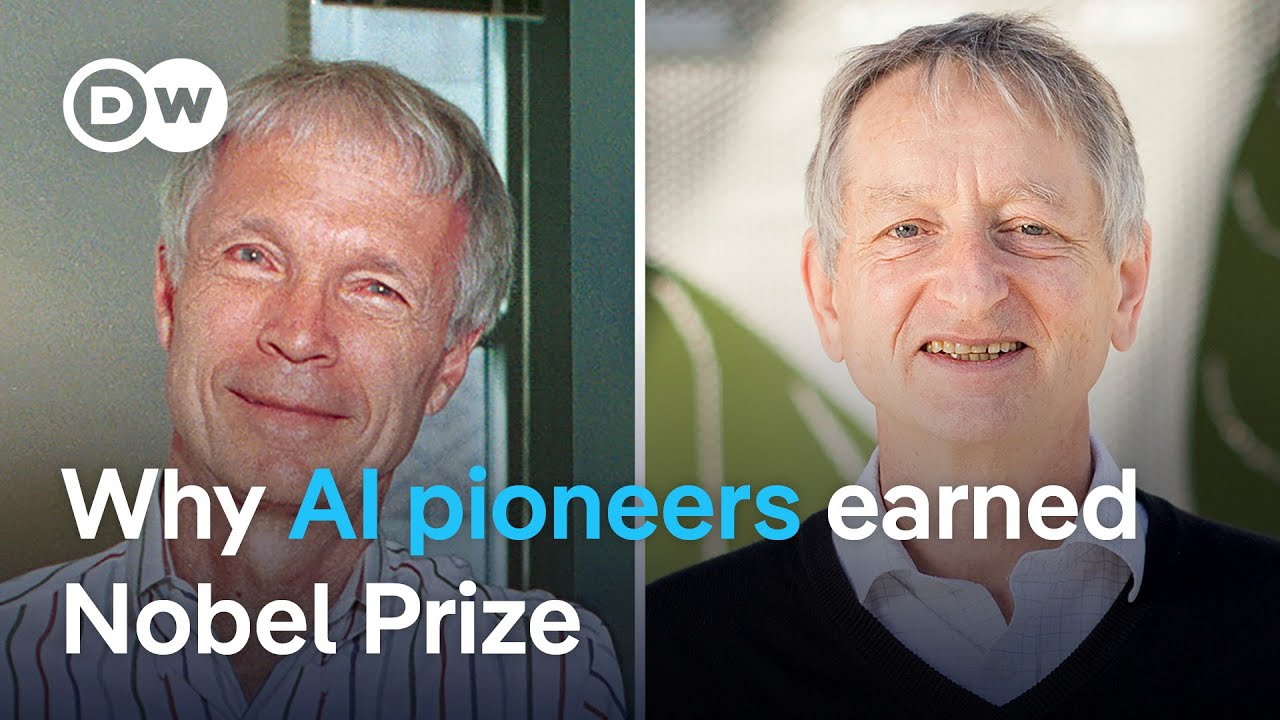The 2023 Nobel Prize in Physics was awarded to John Hopfield and Jeffrey Hinton for their pioneering work in artificial intelligence and machine learning, which has transformed how machines learn and process information, drawing parallels to human cognitive functions. While their advancements have significant applications in fields like healthcare and astrophysics, Hinton has raised concerns about the potential risks of AI, advocating for ethical considerations and regulatory frameworks to ensure its responsible development.
The 2023 Nobel Prize in Physics has been awarded to two North American scientists, John Hopfield and Jeffrey Hinton, for their groundbreaking work in artificial intelligence (AI) and machine learning dating back to the 1980s. Their research utilized principles from physics to identify patterns in information, laying the foundation for modern AI systems that can mimic human-like learning and memory functions. Hinton, often referred to as the “Godfather of AI,” emphasized that artificial neural networks are fundamentally similar to human brains, suggesting that machines can achieve capabilities previously thought exclusive to organic intelligence.
Hinton and Hopfield’s contributions to the field of statistical physics have enabled machines to make intuitive leaps by associating and identifying similarities in data, akin to human cognitive processes. This advancement has had significant implications in various fields, particularly in medical imaging, where AI can be trained to recognize tumor images, enhancing the speed and accuracy of diagnoses. Their work has revolutionized how AI is applied across diverse domains, including large language models, particle physics, climate modeling, and protein structure prediction.
Matthew Ward from DW Science elaborated on the significance of Hinton’s and Hopfield’s achievements, highlighting Hinton’s earlier recognition with the Turing Award for his contributions to AI. Hopfield’s creation of the Hopfield Network in 1982 marked a pivotal moment in AI research, as it allowed for the processing and retrieval of information in a manner similar to human neural networks. This foundational work has evolved over the decades, leading to the sophisticated AI technologies we utilize today.
Despite the promising advancements in AI, Hinton has expressed concerns regarding the potential risks associated with the technology. He warned that the impact of AI could parallel the industrial revolution, but instead of machines replacing human labor, AI could supplant human intellect. Hinton advocates for a cautious approach to AI development, emphasizing the need for ethical considerations and regulatory frameworks to ensure that the technology serves humanity’s best interests.
The practical applications of their research are already evident in various sectors, particularly healthcare, where AI is employed to analyze medical imagery and detect conditions that may elude human observation. In astrophysics, AI aids in identifying celestial bodies from fuzzy images, enhancing our understanding of the universe. As AI continues to evolve, it holds immense potential to augment human capabilities, but experts stress the importance of proceeding with care to mitigate any unintended consequences.
